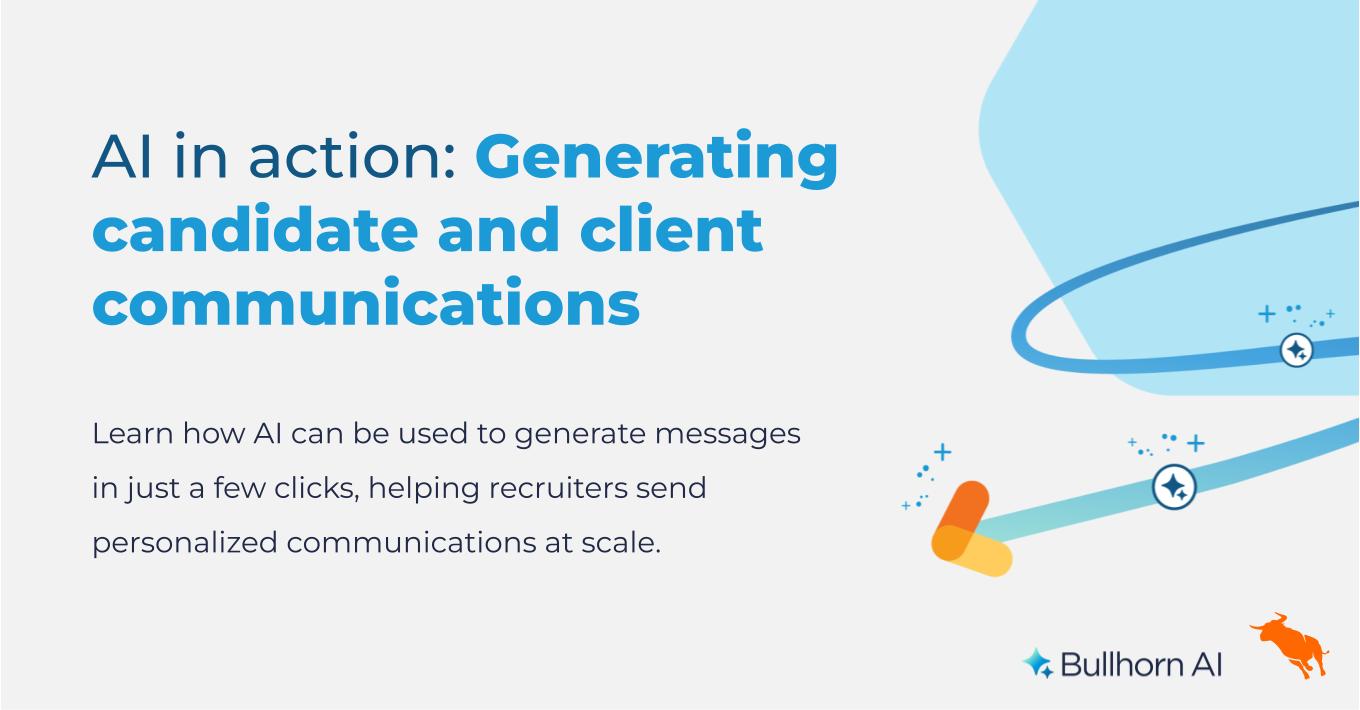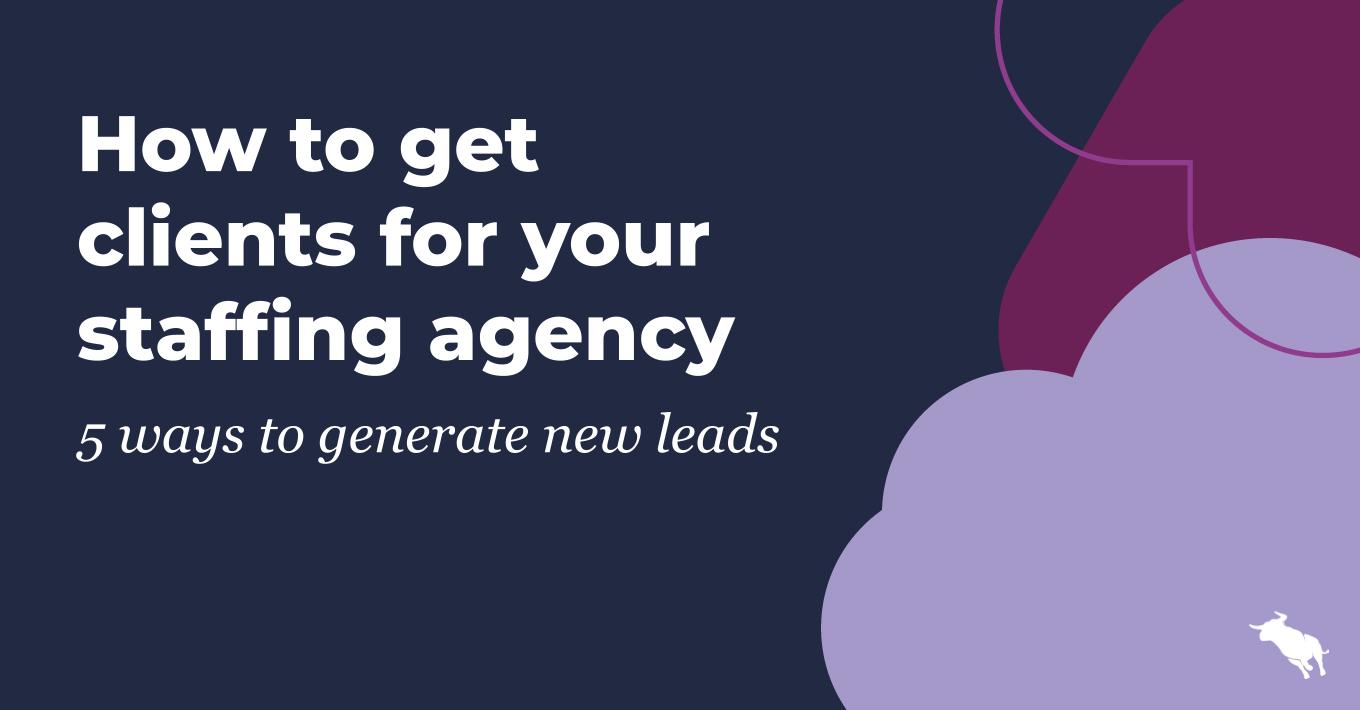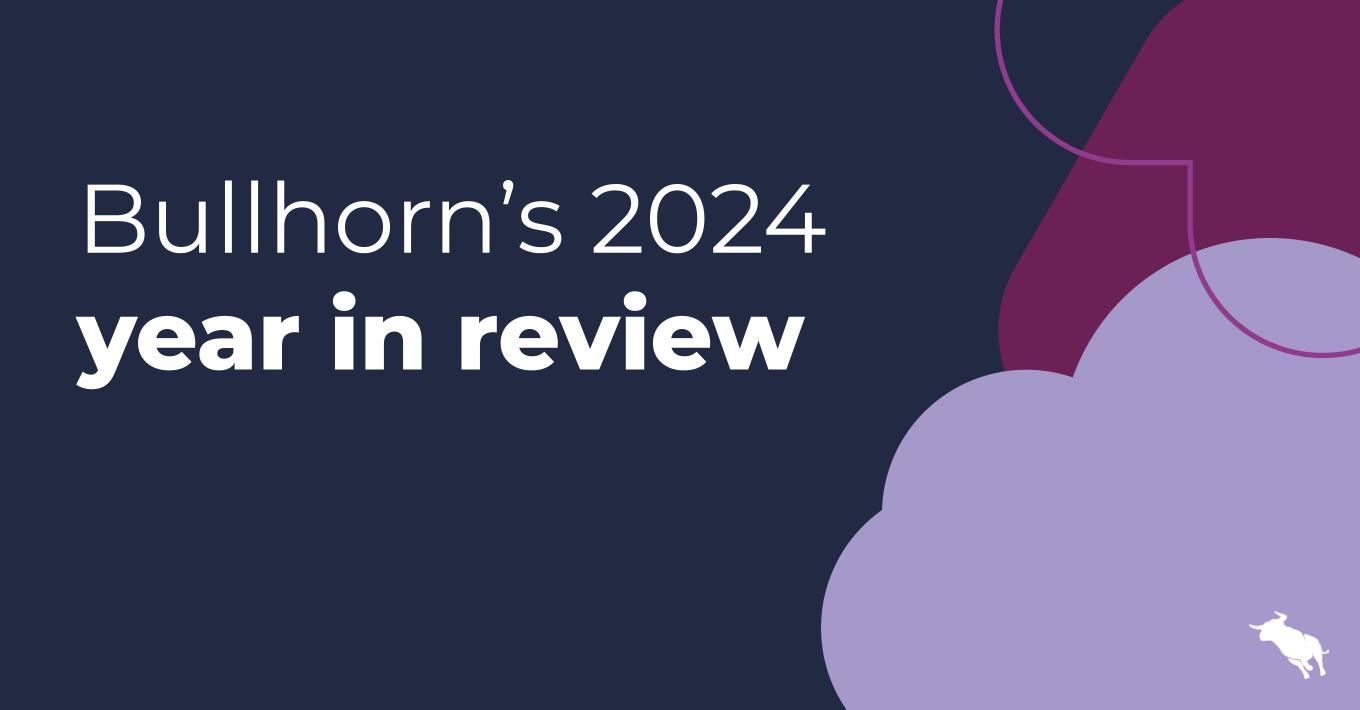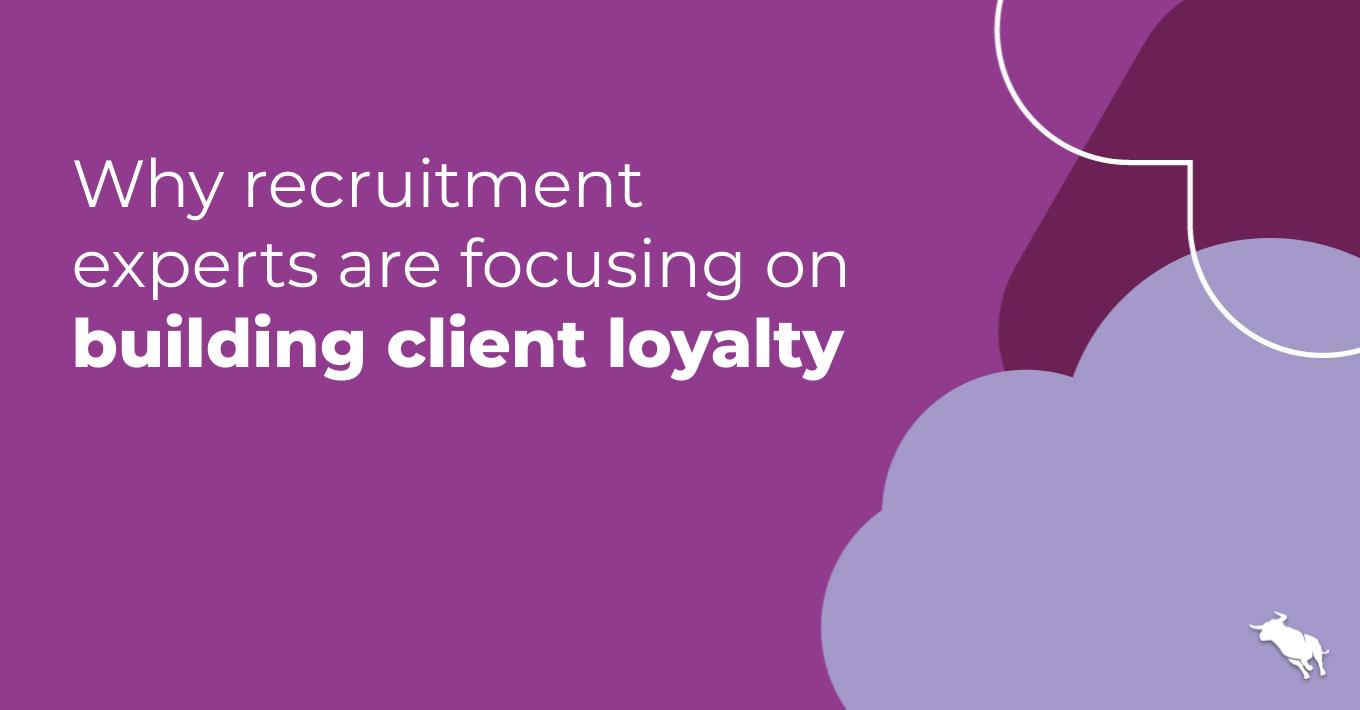Starting Your Own Healthcare Staffing Business: Insights from Gary Cook of Pacific Companies
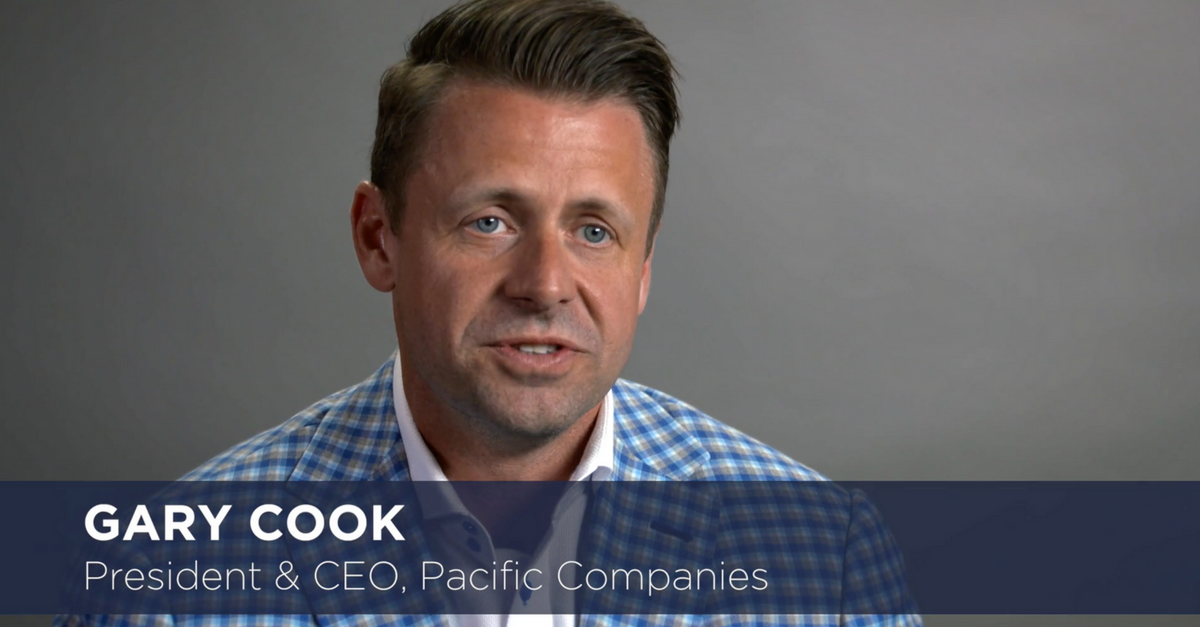
Recently I had an opportunity to speak with Gary Cook, President and CEO of Pacific Companies as part of our Staffing Speaks Out conversation series. In part 1 of our conversation, Gary reflected on his experience running a healthcare recruiting business and offered advice to professionals looking to grow or start a business of their own. Watch the video (transcript below) for inspiration from Gary’s story.
Katie Tierney [KT]: Hi Gary. Can you tell me a little bit about your company and what you do in the staffing industry?
Gary Cook [GC]: I’m with Pacific Companies. We’re based in Orange County, California. We do physician staffing both permanent as well as locum tenens as well as AVPs.
KT: So why did you start your own business?
GC: I knew at a very young age I wanted to be an entrepreneur. I remember my grandmother showing me something after I started my business that I had written during my freshman year in high school English. The assignment was to define my life, and where I was gonna be. I said I was going to own my own business by 28 years old, which I beat by a couple of years.
Out of school I had my first job and I did that for about a year and it just wasn’t rewarding. It was my first job and I was purchasing for an industrial distribution company. And I saw an ad in the paper that said Healthcare Staffing, travel. The territory was California, and I was living in Dallas, Texas at the time so I said, that sounds great. Six figure income, travel, California, sign me up.
Of course, they never called me back because I was fresh out of school. So I put on my best suit, I showed up to the office, I asked for HR. She liked that I was professionally persistent and she interviewed me on the spot. She liked me and she brought the CEO in and he hired me on the spot.
KT: That’s amazing. So in getting your business up and running, what were some of the toughest challenges that you faced?
GC: Well, like everybody, you’ve never been through it before. It’s an MBA through fire, if you will. There’s a lot you don’t know and you have to make a lot of mistakes along the way. Early on, I think the challenges were that you try to do everything. I can remember trying to offer 100% healthcare for everybody, and this and that. And the problem is it’s a small business, you can’t afford that. So you learn those lessons.
One of the big challenges was hiring talented people because when you’re an owner-operator and you’re doing business development, you’re doing recruiting, you’re doing accounting, you’re doing collections, it’s hard to focus on the interview process. And you get into that rut of hiring just to hire. It took us a while to figure that out, and really put more emphasis on that and that really helped change our business. And then, when we got into the locum tenens space, obviously it requires a lot of capital to pay the physicians because they’re a high incomer. So figuring that out and getting around that without going in and taking private equity or capital was a challenge as well.
KT: What are some of the challenge you face in healthcare staffing in particular?
GC: Well, healthcare staffing—physician staffing in particular—is at the upper echelon, so you’re dealing with a different segment of the population in a very in-demand industry as well. In physician staffing there’s already a shortage of 80,000 physicians in this country as we talk today. And they’re predicting within the next couple years that’s gonna be over 100,000. You add on to that the fact that the Affordable Care Act added 20 million patients onto the insurance panels, and then you got the baby boomer population getting to the age of medical care. It’s a confluence of events that’s gonna create a demand for us for years. But the challenge is finding the talent because we really need more people going into healthcare.
KT: Finally, what words of wisdom would you share with someone who’s thinking about starting their own staffing business?
GC: I tell you what, getting into staffing right now would be a challenge. The first thing I always say is to really think it through because there are so many staffing firms right now. There are a lot of challenges out there, but for the true entrepreneur, I’d say go for it. The things that I probably wish that I knew then would be to make sure you’re getting the right people on the bus. You have to put a lot of effort into bringing in quality people, and not getting busy, and just letting everybody through the door.
It was really unique. We got to go onsite there, really see the technology that they were trying to develop. We do things differently where we want to be seen as more of a partner with our clients. We want to learn everything about the company, get a feel for the culture, the atmosphere, and then the growth and the positions. It was a lot of work, but very rewarding.
And two, I think early on, like I said, culture. I didn’t pay attention to it and that was a different time in our business. And then three, just really know what you’re getting yourself into because it’s not something you just shut off. I’m up at 4:00 every day. My brain doesn’t shut off about work. When my wife and I go on vacation, it’s known that I’m gonna get up in the morning and I have stuff to do. So I’d say go into it knowing you have to have a passion for what you’re doing because if you’re looking for the lifestyle type of business, you’re probably not gonna grow the business very much.
Stay tuned for the second part of my conversation with Gary. In the meantime, watch this interview with Ryan Borra of Brightwing for tips on how to grow your career in the staffing industry.




